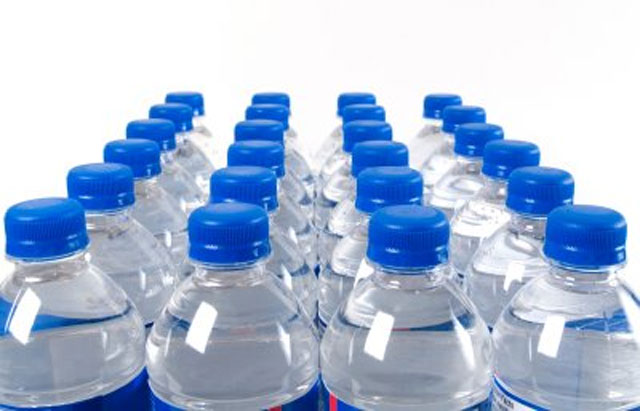The Pakistan Council for Research in Water Resources (PCRWR) has declared at least 28 brands of bottled water unsafe for human consumption due to microbiological or chemical contamination, raising serious health concerns for consumers across the country. The findings were part of a routine quality assessment conducted by the council, which tested various bottled water brands against national safety standards.
According to PCRWR, 176 samples of bottled water brands were collected from 20 cities across Pakistan to assess their compliance with the Pakistan Standards & Quality Control Authority (PSQCA) regulations. The results revealed that 28 brands failed to meet the required safety criteria, posing potential health risks due to excessive levels of harmful substances, including arsenic, sodium, potassium, and bacterial contamination.
Among the flagged brands, ten—including Miran Drinking Water, Pak Aqua, Jel Bottled Water, Neo, Aab-e-Dubai, Eltsen, Pure Water, Aqua Health, Oslo, and More Plus—were found to contain sodium levels exceeding the permissible limits. Prolonged consumption of high-sodium water can lead to health complications such as hypertension and kidney problems.
Five brands, namely One Pure Drinking Water, Indus, Premium Safa Purified Water, Orwell, and Natural Pure Life, contained dangerously high levels of arsenic, a toxic substance linked to various cancers, cardiovascular diseases, and neurological disorders. Additionally, Hunza Utter Water was found to have potassium levels beyond the safe threshold, which can be particularly harmful to individuals with kidney disease or heart conditions.
Microbiological contamination was also a major issue, with 16 brands—including SS Water, Sip Sip Premium Drinking Water, Miran Drinking Water, D-Nova, Sky Rain, Neo, Pure Water, Dream Pure, Aqua Sharav Pure Drinking Water, Marvi, Ice Well, Akb Sky, Karakorum Spring Water, More Plus, Essentia, and Life Inn—found to contain bacterial pollutants. The presence of bacteria in bottled water indicates poor filtration and handling processes, which can lead to severe gastrointestinal infections and other health complications.
This is not the first time PCRWR has raised concerns about the quality of bottled water in Pakistan. Over the years, multiple reports have highlighted the widespread issue of unsafe drinking water being sold under the guise of mineral water. Despite regulatory oversight by the PSQCA, weak enforcement mechanisms allow substandard products to remain on the market, endangering public health.
The release of the latest findings has sparked renewed calls for stricter regulation and immediate action against manufacturers violating safety standards. Consumer rights groups and health advocates have urged authorities to impose stringent penalties on companies selling unsafe water and to increase transparency in testing and certification processes. In light of the report, consumers have also been advised to verify the safety of their preferred bottled water brands and to opt for home filtration systems to ensure access to clean drinking water.
As Pakistan continues to face severe water quality challenges, the demand for bottled water remains high. However, the presence of unsafe brands in the market underscores the urgent need for regulatory reforms to safeguard public health and hold negligent manufacturers accountable.




